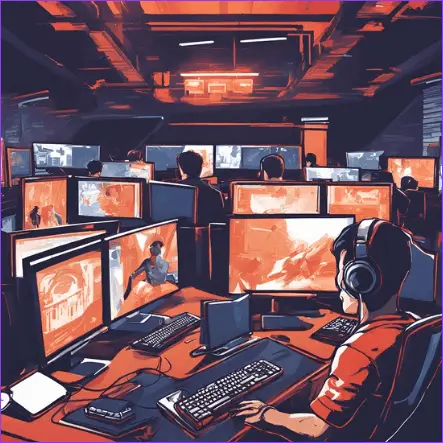
Exploring eSports Career Opportunities: A Comprehensive Guide
The world of eSports has boomed in popularity over the past decade, transforming from a niche hobby to a global phenomenon. With this growth has come a plethora of career opportunities for those passionate about competitive gaming. This guide delves into the diverse career paths within the eSports industry in-depth, providing information on the skills and education needed to succeed.










